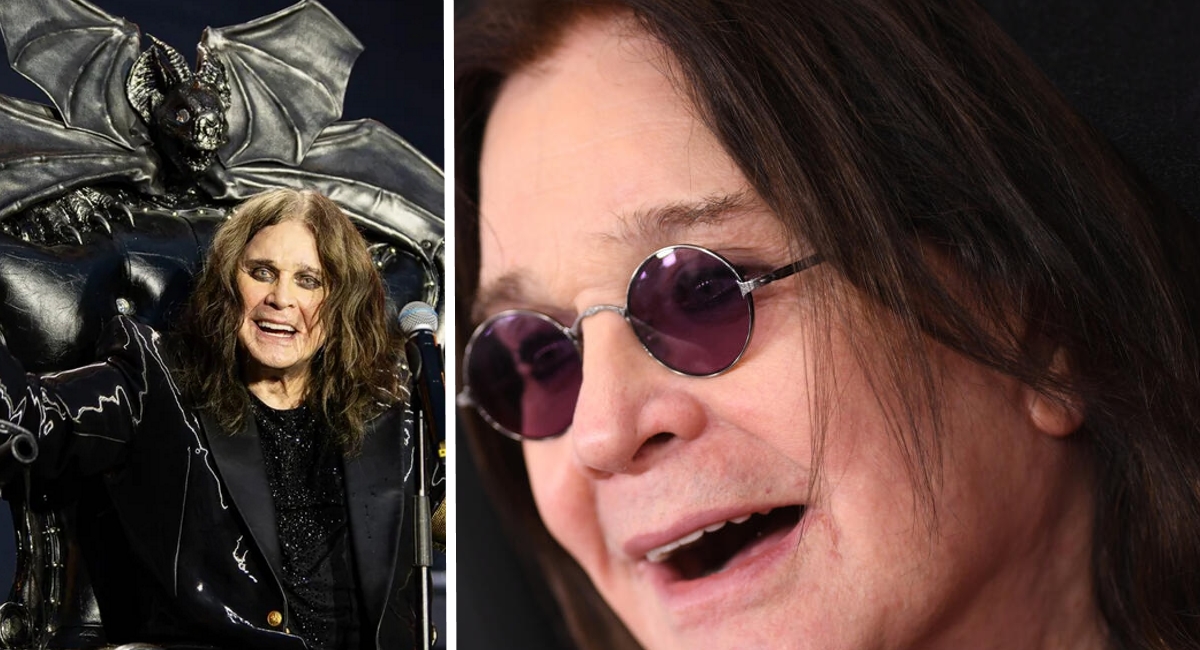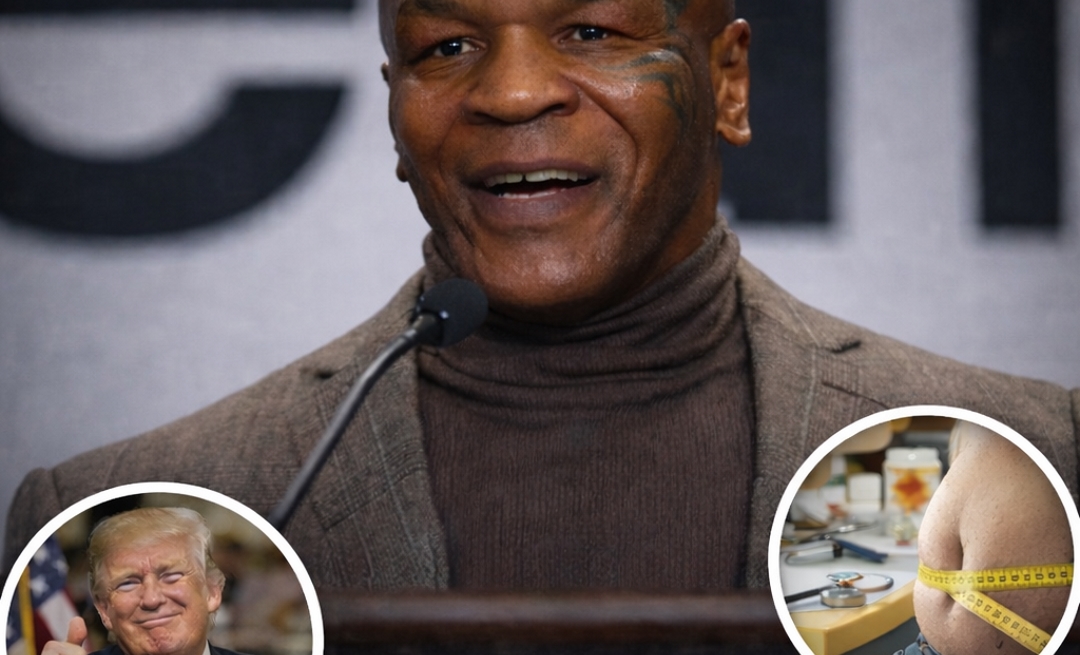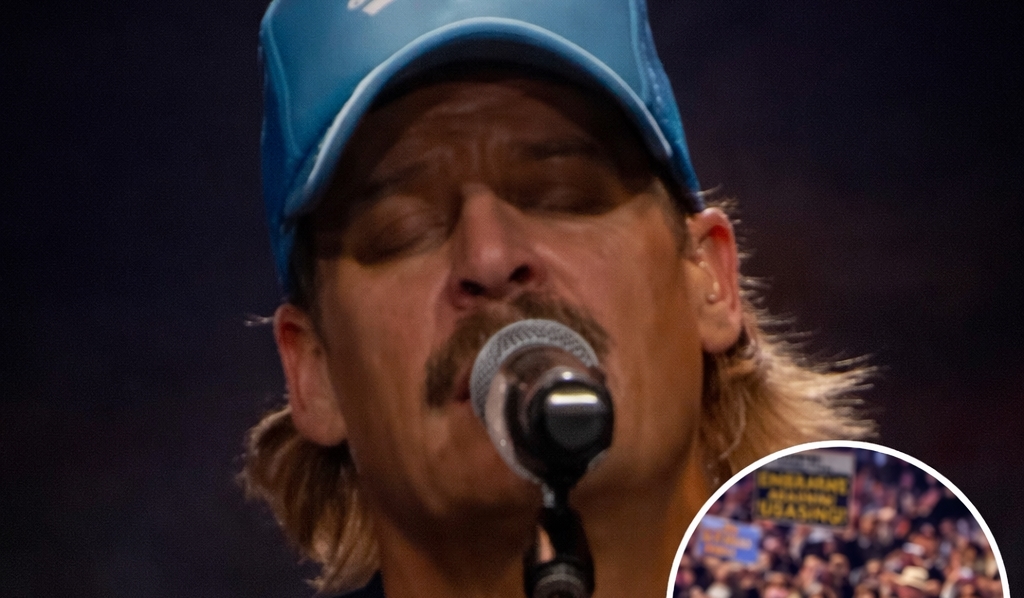The world of rock mourns today as legendary frontman Ozzy Osbourne, the voice of Black Sabbath and the “Prince of Darkness,” has died at the age of 76. His family confirmed he passed away this morning “surrounded by love,” asking for privacy as they grieve this profound loss. An official report reveals how his departure marked the close of an era.
Just weeks after delivering a powerful final concert in his native Birmingham, Osbourne collapsed into silence offstage, leaving fans and bandmates stunned. On July 5, he returned briefly with Black Sabbath, seated on a throne due to Parkinson’s disease, to perform one last show dubbed “Back to the Beginning.” Details of that historic night show just how much it meant to a music world saying goodbye.
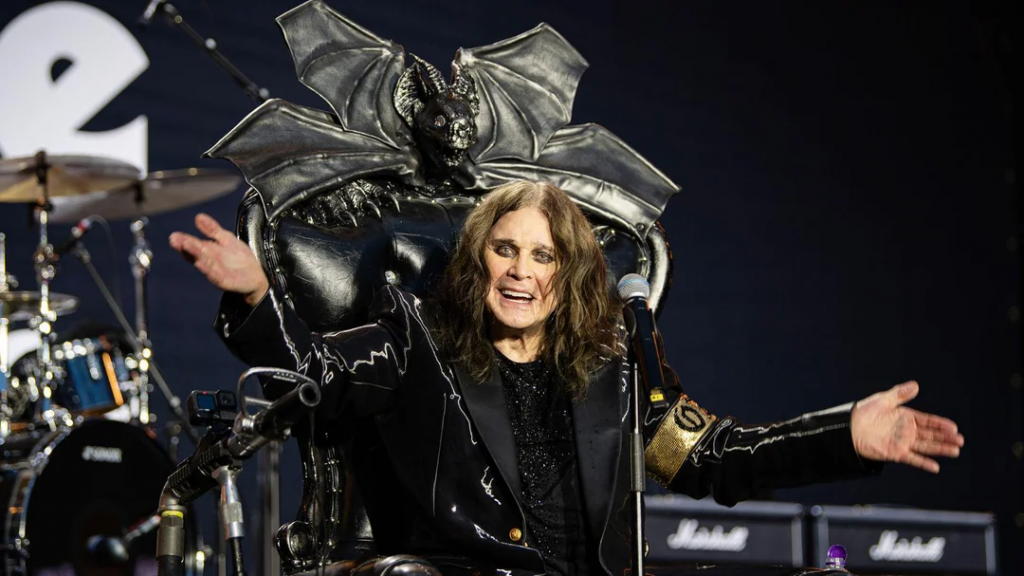
“He was fearless, flawed, but always real,” wrote a fan as tributes poured in.
Osbourne’s musical journey began in the late 1960s when he joined forces with Tony Iommi, Geezer Butler, and Bill Ward to form Black Sabbath. Their self-titled debut album in 1970 reshaped rock music, spawning hits like “Paranoid” that became anthems of rebellion. A look back at how Sabbath changed everything highlights their seismic impact.
After departing Sabbath in 1979, Ozzy launched an even greater reign as a solo artist—earning Grammy glory, MTV fame, and chart domination with albums like *Blizzard of Ozz*. He also cemented pop culture status through *The Osbournes*, revealing a surprisingly sweet and awkward side that endeared him to a new generation. His full career timeline shows a man who never stopped evolving.
Osbourne publicly revealed his Parkinson’s diagnosis in 2020, a disease that gradually robbed him of mobility but never silenced his spirit. Yet he refused to bow out—delivering that final show despite his health. Insiders praised his resolve and the emotional intensity of his farewell.
“Even seated, he owned that stage—legend doesn’t walk away quietly,” one concertgoer remembered.
His death has unleashed a tidal wave of tributes, from bandmates who called him irreplaceable to global artists who credited him as inspiration—forging a legend from darkness to acceptance. Jack White, Elton John, Metallica, and countless others all honoured his legacy, calling him a pioneer. A collection of emotional responses shows just how widespread the grief is.
Sports franchises also paid tribute: Aston Villa lit up their stadium in his memory, a reminder of his Birmingham roots, while NFL teams like the Patriots and the St. Louis Blues honoured how deeply his music resonated with their fans. That scene underlines how far his influence spread.
From notorious headlines—remember the 1982 bat incident—to powerful philanthropic efforts, including benefit concerts and charity donations, Ozzy was never one-dimensional. He attracted controversy, yes—but always bounced back with honesty and humility. That complexity made him more human, and ultimately beloved. A deeper profile captures the wild contradictions of his fame.
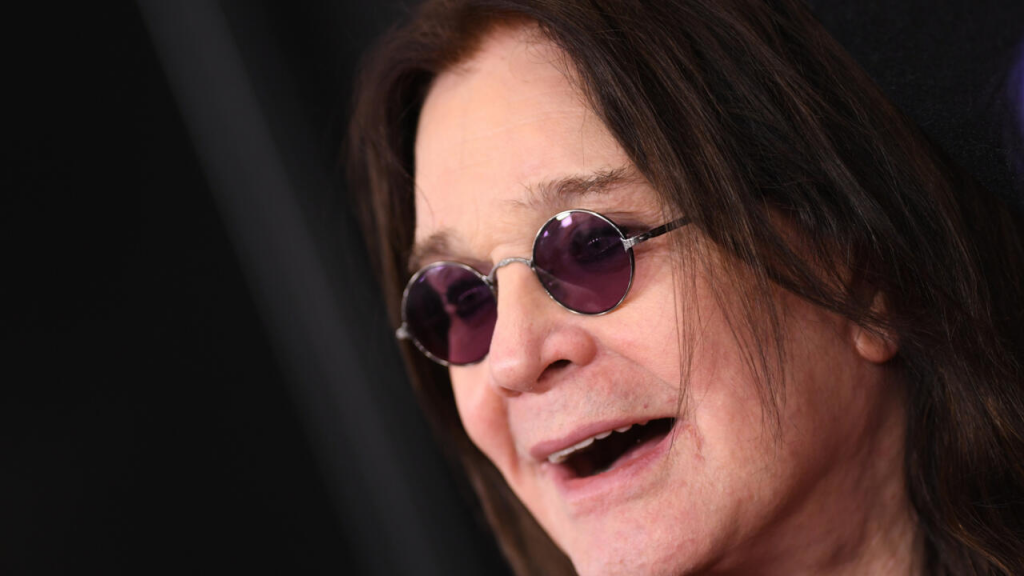
His final musical contribution came only months ago: an orchestral reworking of “Gods of Rock n Roll.” That haunting track, released earlier this year, serves almost as his swan song—an echo of defiance and legacy combined. The creation of that song feels like a final message to fans.
Osbourne’s health struggles had intensified after a serious ATV accident in 2003, leading to multiple surgeries, emphysema, and the eventual Parkinson’s diagnosis. Yet even as his voice cracked and his gait faltered, his dedication to fans stayed rock-solid until the end. A health timeline reveals just how much he endured.
His estate, including his wife Sharon and their six children, Marry, Jack, Kelly, Aimee, and Louis, released a short but emotional tribute, urging fans to remember their dad—not the headlines. Ozzy once said he hoped people would recall his music and the laughter he brought. His own words echo here.
Now, as tributes continue and memorabilia floods auction houses, the world must confront the end of an era. Music scholars say Ozzy didn’t just pioneer metal—he liberated it, daring fans to explore darker emotions and find community in shared rebellion. Expert reflections confirm his transformative power.
More than just earthly stage farewells, his death marks a cultural milestone—truly the final bow of a man who changed rock music forever, leaving a legacy electrified with grit, honesty, darkness, and delight. That reality is hitting home now more than ever.

